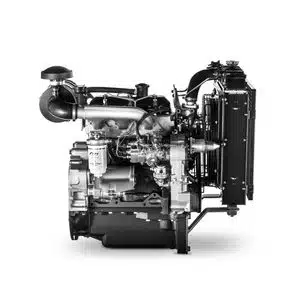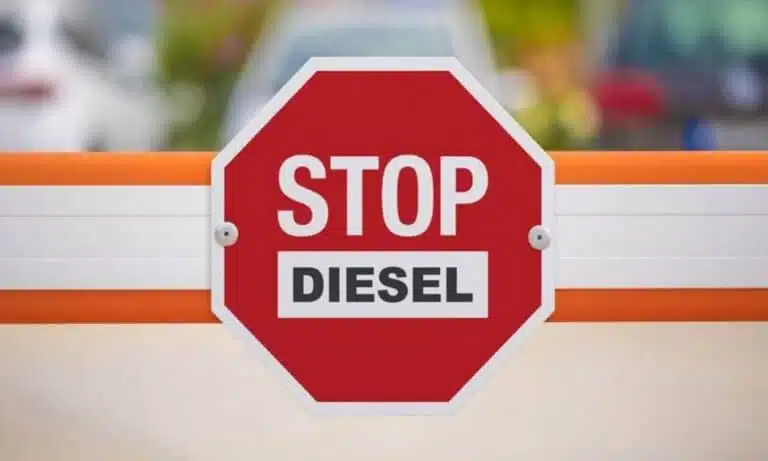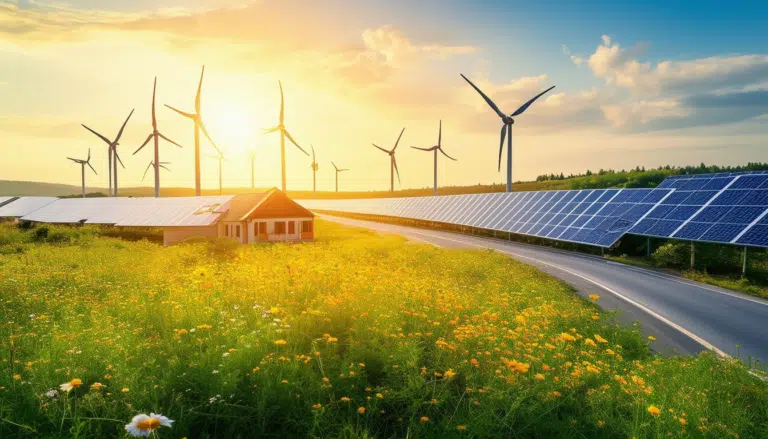The FNB presents technological advances that optimize fuel use on the humanitarian boat Open Arms

The Faculty of Nautical Science of Barcelona (FNB) has developed an innovative system that integrates machine learning technologies to improve fuel consumption efficiency on the humanitarian ship Open Arms. This advancement not only seeks to reduce the vessel’s energy expenditure but also aims to minimize its environmental impact on the marine ecosystem. Through the implementation of advanced technological solutions, it is expected that Open Arms can allocate the savings obtained to its vital rescue efforts at sea.
Technological Advances to Optimize Fuel Consumption
The Faculty of Nautical Science of Barcelona (FNB), in collaboration with the Fractus-UPC Deep Tech Hub, has developed an innovative machine learning system to optimize fuel usage on the humanitarian ship Open Arms. This advancement not only aims to reduce operational costs but also focuses on minimizing the environmental impact during rescue operations.
Project Context
The ship Open Arms is an old tugboat measuring 37 meters in length that, during its navigation, can consume up to 3,000 liters of diesel daily. This high fuel consumption not only generates significant costs but also has a substantial impact on the marine environment. Therefore, implementing technologies that allow for more efficient use of energy resources is crucial.
Development of the Machine Learning System
The system developed by the FNB uses artificial intelligence techniques to analyze various factors affecting fuel consumption. In the first phase, fuel consumption, speed, sea state, and the trim of the vessel will be monitored, elements that are essential to understand navigation dynamics.
With the collected data, a machine learning model can be defined that, in future missions, will learn to navigate distances with minimal fuel expenditure. Thus, the aim is for the ship Open Arms to carry out its rescue operations more efficiently.
Real-Time Monitoring
One of the highlighted aspects of the system is the ability to make real-time recommendations based on changing navigation conditions. Therefore, the system will be able to dynamically determine the optimal conditions to reduce fuel usage during each journey.
This will be achieved through the installation of new flowmeters and sensors on the vessel, which will start operating in September, allowing for the collection of precise and valuable data to optimize navigation.
Environmental and Economic Impact
The implementation of this technology will not only contribute to reducing energy consumption but will also help decrease the environmental impact associated with the operation of Open Arms. Thanks to this, the NGO will be able to reinvest the savings generated into other rescue and salvage tasks, thereby maximizing its humanitarian resources.
Inter-Institutional Collaboration
This project is the first case of technology transfer within the Fractus-UPC Deep Tech Hub, an initiative aimed at promoting innovation and the application of advanced technologies in various fields. The collaboration between the FNB, Fractus, and Open Arms is a milestone that demonstrates how the integration of technology can bring about significant changes in humanitarian operations.
Future Perspectives
With the advancement of the project, it is expected that in future phases more experts will be involved and monitoring areas will be expanded, allowing for even greater optimization of fuel consumption. The goal is to replicate this efficiency model on other NGO vessels, contributing to a more sustainable and responsible navigation.
Acknowledgment and Awards
The project has been recognized for its social impact, receiving the UPC Award for Social Commitment 2023, reaffirming the goal of generating a positive effect on society through technological innovation. This work highlights how technology can act as a driver of social and environmental change.
Technological Advances in Fuel Use for Open Arms
The Faculty of Nautical Science of Barcelona (FNB) has presented an innovative technological solution that promises to revolutionize fuel consumption on the humanitarian ship Open Arms. Through the implementation of machine learning, the aim is to optimize navigation operations, thereby allowing this NGO to allocate more resources to its crucial humanitarian work. This new system not only has operational implications but also reinforces a broader commitment to environmental sustainability, a goal that aligns with the urgent needs of the current global context.
The project focuses on the system’s ability to analyze multiple factors affecting fuel consumption. By monitoring elements such as speed, sea state, and vessel trim, the system can generate data-driven recommendations to reduce fuel use. This real-time processing capability not only promises more efficient navigation but also contributes to minimizing the environmental impact of Open Arms.
In addition to energy savings, the collaboration between the FNB and the NGO allows for the allocation of saved resources towards improving rescue operations. The ability to define more efficient routes and make responsible use of fuels is a significant step toward sustainability. In the current context, where sustainability initiatives are increasingly vital, this collaboration between technology and humanity offers a model to follow that could be replicated in other organizations.
With the support of the Fractus-UPC Deep Tech Hub, the project not only highlights the relevance of technological innovation but also sets a precedent for how humanitarian organizations can operate more responsibly and effectively. These advances underline that it is possible to combine energy efficiency with humanitarian values in a way that benefits everyone, establishing a clear path toward the future.





